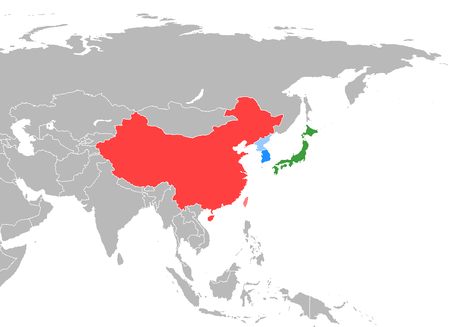Trilateral Cooperation Secretariat
2011 establishments in South KoreaAC with 0 elementsChina–Japan relationsChina–South Korea relationsInternational diplomatic organizations ... and 4 more
International organizations based in South KoreaJapan–South Korea relationsOrganizations based in SeoulOrganizations established in 2011

The Trilateral Cooperation Secretariat (TCS) is an international organization established with a vision to promote peace and common prosperity among China, Japan, and South Korea. Upon the agreement signed and ratified by each of the three governments, the TCS was officially inaugurated in Seoul, on 1 September 2011. On the basis of equal participation, each government shares 1/3 of the total operational budget.
Excerpt from the Wikipedia article Trilateral Cooperation Secretariat (License: CC BY-SA 3.0, Authors, Images).Trilateral Cooperation Secretariat
Deoksugung-gil, Seoul
Geographical coordinates (GPS) Address Nearby Places Show on map
Geographical coordinates (GPS)
| Latitude | Longitude |
|---|---|
| N 37.5697611 ° | E 126.9739377 ° |
Address
S타워
Deoksugung-gil
03186 Seoul
South Korea
Open on Google Maps





